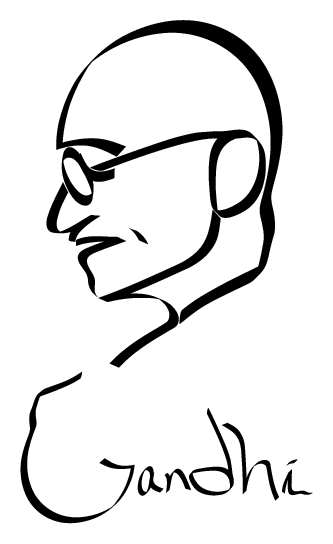
If you were wondering why the market is spooked by rumors that Germany may be returning to the DM, here is actual fact that French President is on the verge of reinstating the franc. And with that, the euro is nothing more than a political toy for Merkel, Sarkozy and whoever the current non-indicted head of the Italian government is, to achieve their political goals. The currency is now dead. Parity coming within a few weeks.
From The Guardian:
The markets were initially unsettled by news that the French president had threatened to pull France out of the eurozone. The startling threat was made at a Brussels summit of EU leaders last Friday, at which the deal to bail out Greece was agreed. according to a report in El País newspaper quoting Spanish Prime Minister José Luis Rodríguez Zapatero.
Zapatero revealed details of the French threat at a closed-doors meeting of leaders from his Spanish socialist party on Wednesday.
Sarkozy demanded “a compromise from everyone to support Greece … or France would reconsider its position in the euro,” according to one source cited by El País.
“Sarkozy went as far as banging his fist on the table and threatening to leave the euro,” said one unnamed Socialist leader who was at the meeting with Zapatero. “That obliged Angela Merkel to bend and reach an agreement.”
A different source who was at the meeting with Zapatero told El País that “France, Italy and Spain formed a common front against German and Sarkozy threatened Merkel with a break in the traditional Franco-German axis.”
El País also quotes Sarkozy as having said, according to another of those who met Zapatero, that “if at time like this, with all that is happening, Europe is not capable of a united response, then the euro makes no sense”.
Well, an epiphany 10 years late is still better than no epiphany. And, of course as many will say, he who panics first, just may salvage something. Which for most American citizens still infatuated with their currency, may mean very bad news.


 Mahatma Gandhi figures among the top three most admired leaders of the world, said a global survey of CEOs conducted by accountancy firm PwC.
Mahatma Gandhi figures among the top three most admired leaders of the world, said a global survey of CEOs conducted by accountancy firm PwC.